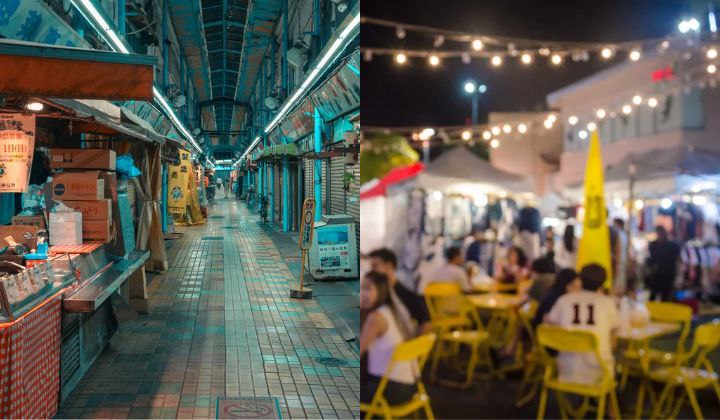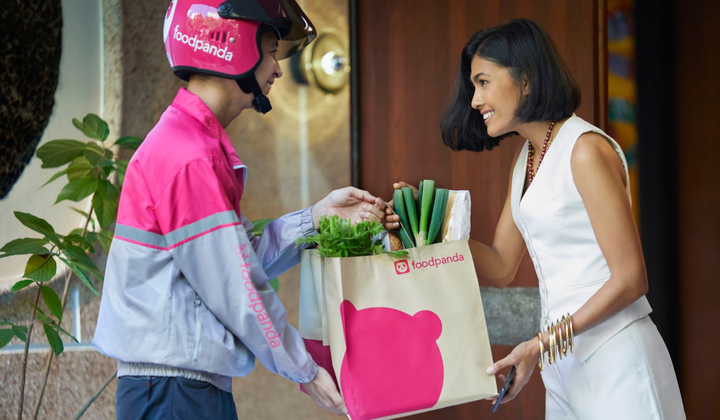What’s A Restaurant With No Shopfront? Cloud Kitchens Make It A Reality
All you need is just one chef and you could start your own restaurant business.
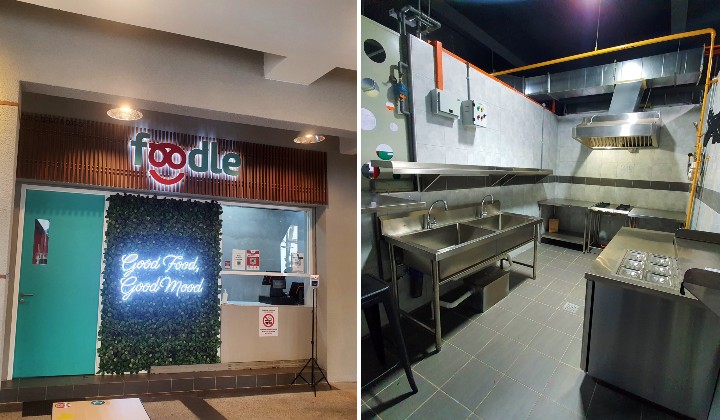
Subscribe to our Telegram channel for the latest stories and updates.
“Cloud kitchens” have seen a huge surge in popularity since the pandemic, but what is it exactly?
The concept itself is not new. In fact, the idea first started in New York, where rental of commercial lots in high-traffic areas is notoriously expensive. Later on, the idea took hold elsewhere, with India being one of the countries with a thriving cloud kitchen industry.
Cloud kitchens are basically a kichen space without the rest of the restaurant attached. Usually, cloud kitchens only prepare food for delivery and do not offer dine-in services, which allows them to deeply cut down on operating costs.
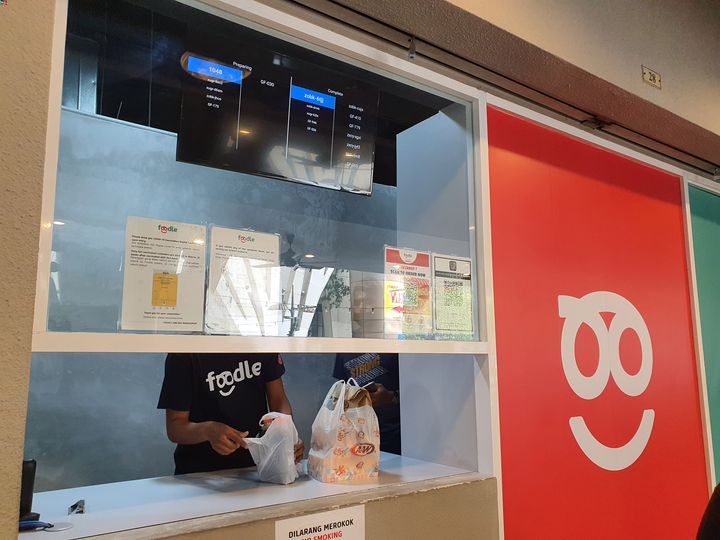
(Credit: Anne Dorall/TRP)
After all, a good chunk of operating expenses come from the customer-centric part of running a restaurant: the facade, decor, wait staff, location, and marketing. The true kitchen size in a restaurant is usually only a small portion of the whole shoplot!
Rising trend of food delivery
During the lockdowns during the pandemic, Malaysia’s F&B industry pivoted rapidly to going online. As a result, a majority of the population now are comfortable with, or have even come to rely on, food delivery and takeaway options.
A restaurant that relies solely on delivery or takeaway to make sales is no longer unheard of.
And where there is demand, there is supply.
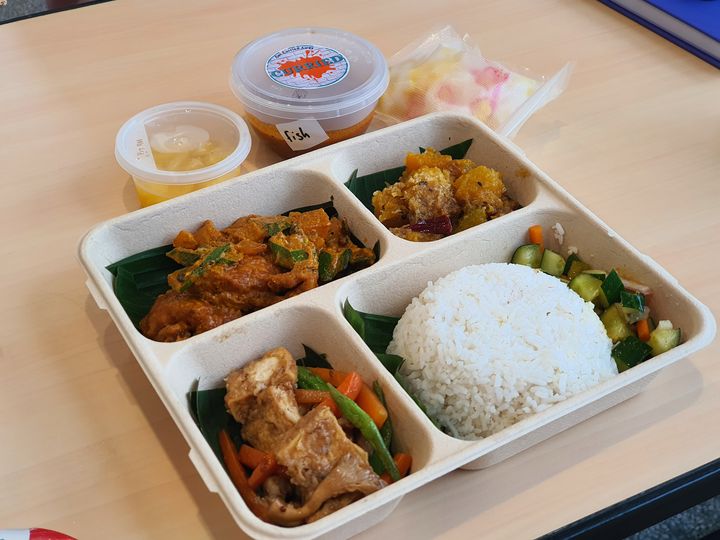
(Credit: Anne Dorall/TRP)
The “online restaurant” experience
“Online restaurant vendors” are quite different from a traditional sit-down eatery.
People make decisions to visit a place to eat for various reasons: word-of-mouth, or the enticing storefront, or the trendy interiors.
Yet when people order food from online vendors, there’s a much different mindset. Instead of storefront, they are looking for a variety of food options or a specific cuisine. Instead of trendy interiors, they are looking at a small picture of the food on an app.
Ironically, for online restaurants, the main focus of their selling point reverts back to their food, produced from the kitchen.
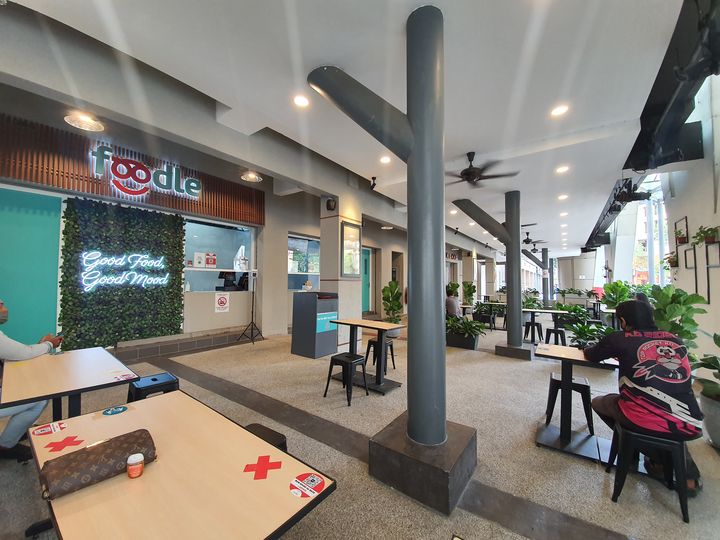
So what else do you need but just the kitchen, if all you want to do is sell delicious food?
A chance for budding restauranteurs
The sharp increase in cloud kitchens is likely also due to the shifting economy. Young people have turned to F&B microbusinesses during the pandemic, either as a new opportunity or just for some additional side-income.
While a traditional restaurant requires serious commitment and capital, cloud kitchens offer flexibility in a rented space: you could set up a whole kitchen and start selling your goods within 3 weeks for less capital.
You can think of them as a coworking space for small eateries, really. For example, local cloud kitchen Foodle’s are utilitarian but well-prepared with all the neccessities required to start making food.
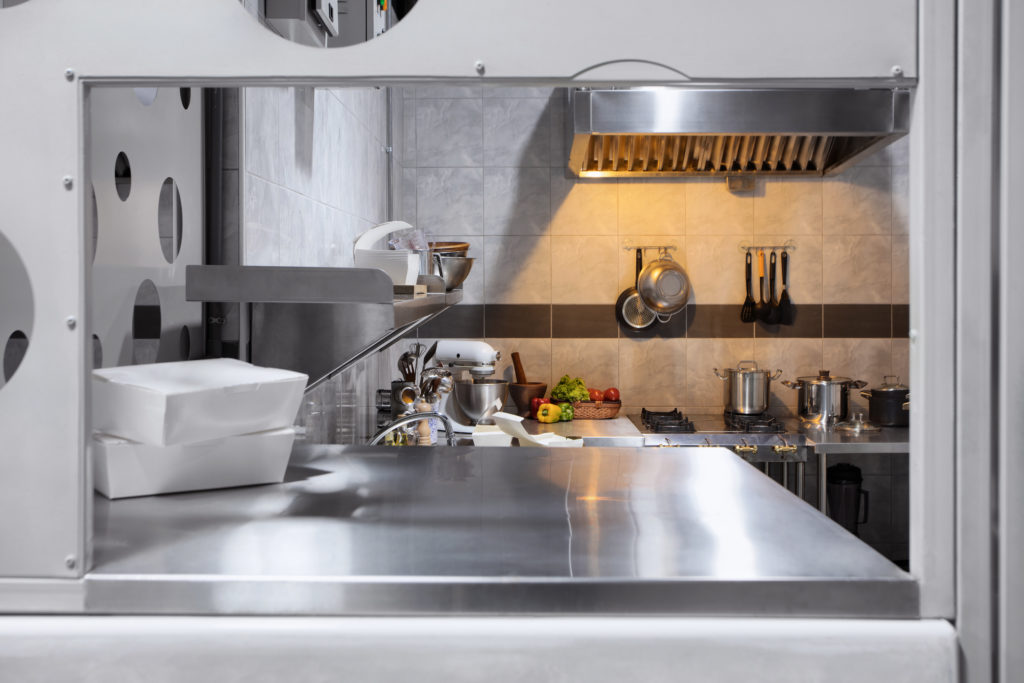
(Credit: Foodle)
Cloud kitchens are only proof that this is merely the evolution of Malaysia’s F&B industry: a new space dedicated for online deliveries as Malaysians face an increasingly mobile and fast-paced lifestyle.
Share your thoughts with us via TRP’s Facebook, Twitter, and Instagram.
Anne is an advocate of sustainable living and the circular economy, and has managed to mum-nag the team into using reusable containers to tapau food. She is also a proud parent of 4 cats and 1 rabbit.

